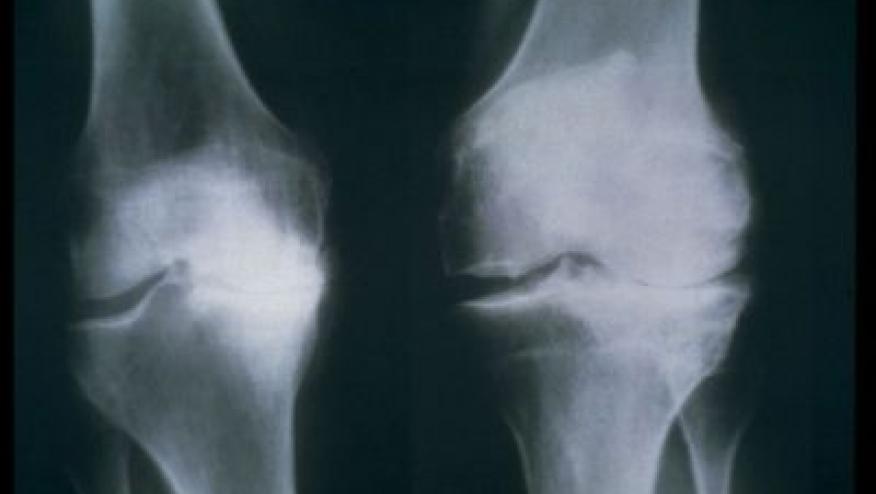Viscosupplementation Ineffective in Knee Osteoarthritis Save

The BMJ has published the results of a metanalysis showing strong conclusive evidence that viscosupplementation in knee osteoarthritis (kOA) has minimal effects on kOA pain, and also reveals strong evidence of an increased risk of serious adverse events.
The review encompassed 169 clinical trials involving 21,163 randomised patients. The prespecified primary outcome was pain intensity. Secondary outcomes were function and serious adverse events.
Overall, there were small study effects and publication biases was observed for pain and function. In 24 large, placebo controlled trials (8997 randomised participants), viscosupplementation was associated with a small reduction in pain intensity compared with placebo (SMD −0.08), corresponding to a difference in pain scores of −2 mm (95% confidence interval −3.8 to −0.5 mm) on a 100 mm visual analogue scale. Similar conclusions were obtained for functional outcomes.
These small reductions in kOA pain were less than the minimal clinically important between group difference.
Strong conclusive evidence indicates that viscosupplementation is also associated with an increased risk of serious adverse events compared with placebo. In 15 large, placebo controlled trials (6462 randomised participants), viscosupplementation had significantly more serious adverse events (than placebo) (3.7% vs 2.5%; relative risk 1.49, 95% confidence interval 1.12 to 1.98, P=0.003).
The data argue against the use of viscosupplementation for the treatment of knee osteoarthritis.










If you are a health practitioner, you may Login/Register to comment.
Due to the nature of these comment forums, only health practitioners are allowed to comment at this time.